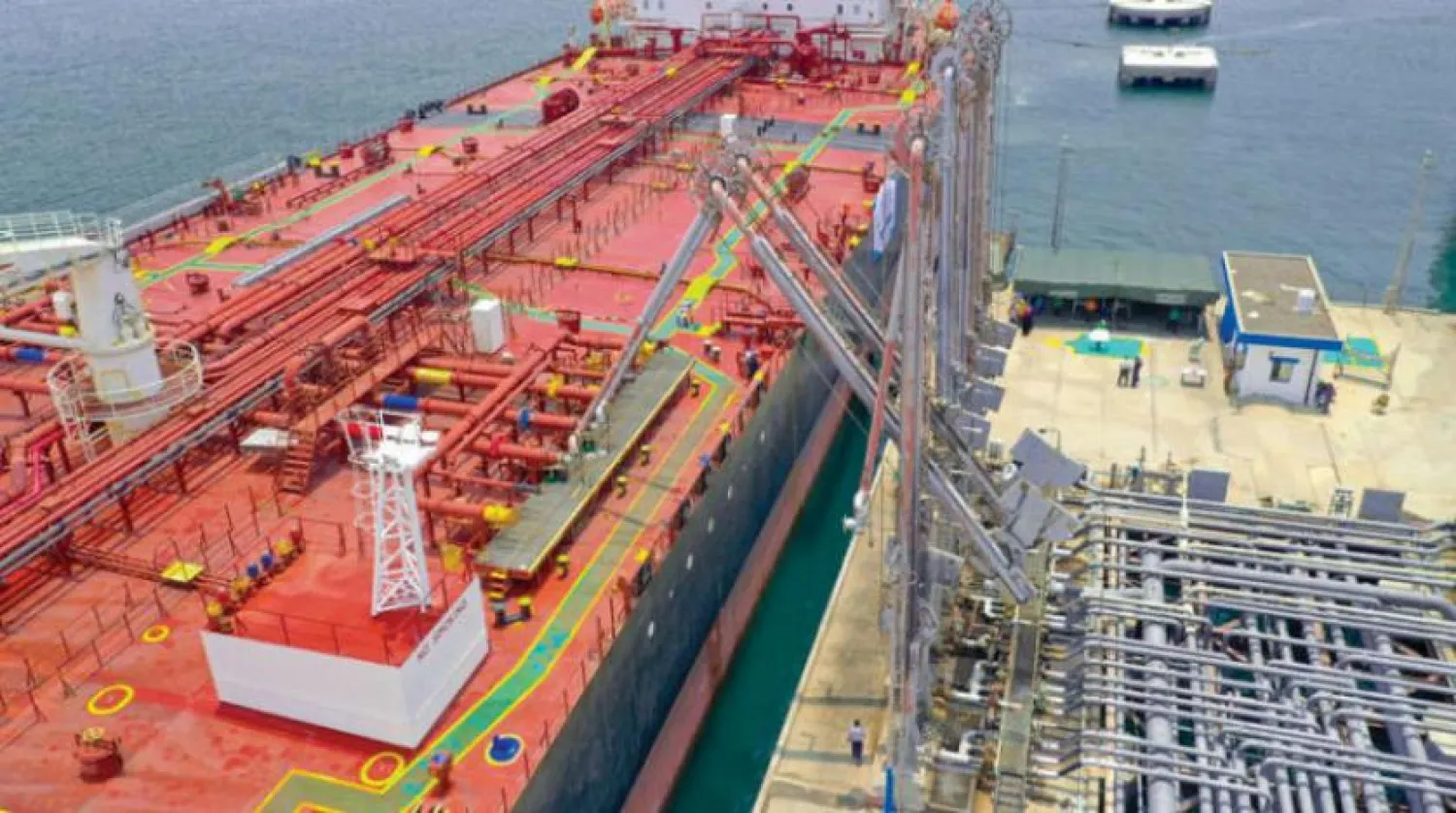The Saudi oil grant to power stations in Yemen has raised production capacities by 40%, with the generated electricity feeding the governorates of Aden, Lahij, and Abyan.
Also, locals in Hadramout governorate, the largest in Yemen, reported an improvement in their power supply.
The Kingdom’s oil donation has helped decrease daily blackouts from six-hour breaks to three-hour pauses, providing electricity in five-hour intervals.
Moreover, the grant has helped the Yemeni government save significantly on its budget and has alleviated the suffering Yemenis used to experience as a result of power stations going out of service each month due to fuel shortages or delays in fuel delivery.
In the interim capital, Aden, government employee Abdulaziz al-Sqaf confirmed that the Kingdom’s successive grants to Yemeni power stations had a positive effect that citizens can feel.
According to al-Sqaf electricity blackouts have been halved, and power stations are no longer shutting down because of fuel deficiencies.
Amin Abdullah, a retail shop owner in Aden, confirmed that the difference the grant achieved was substantial and that all Yemenis were talking about how great of an improvement the donation has brought about to their lives.
Power cut-offs had severely affected the population, including seniors, children, and the ill. More so, electricity blackouts had taken their toll on the supply of essential commodities to Yemeni families, businesses, and the economy.
“People had suffered greatly from poor electricity supplies amid rising temperatures, and some families were forced to live in hotels,” Abdullah told Asharq Al-Awsat.
Nevertheless, Abdullah said that the situation is much better with the Saudi donation helping power stations produce more electricity for the people.
In Hadramout's capital city, Mukalla, local radio station director Majdi Baziad confirmed that the oil grant had achieved remarkable stability in electricity services in districts lying on the governorate’s coast.









